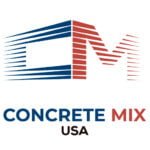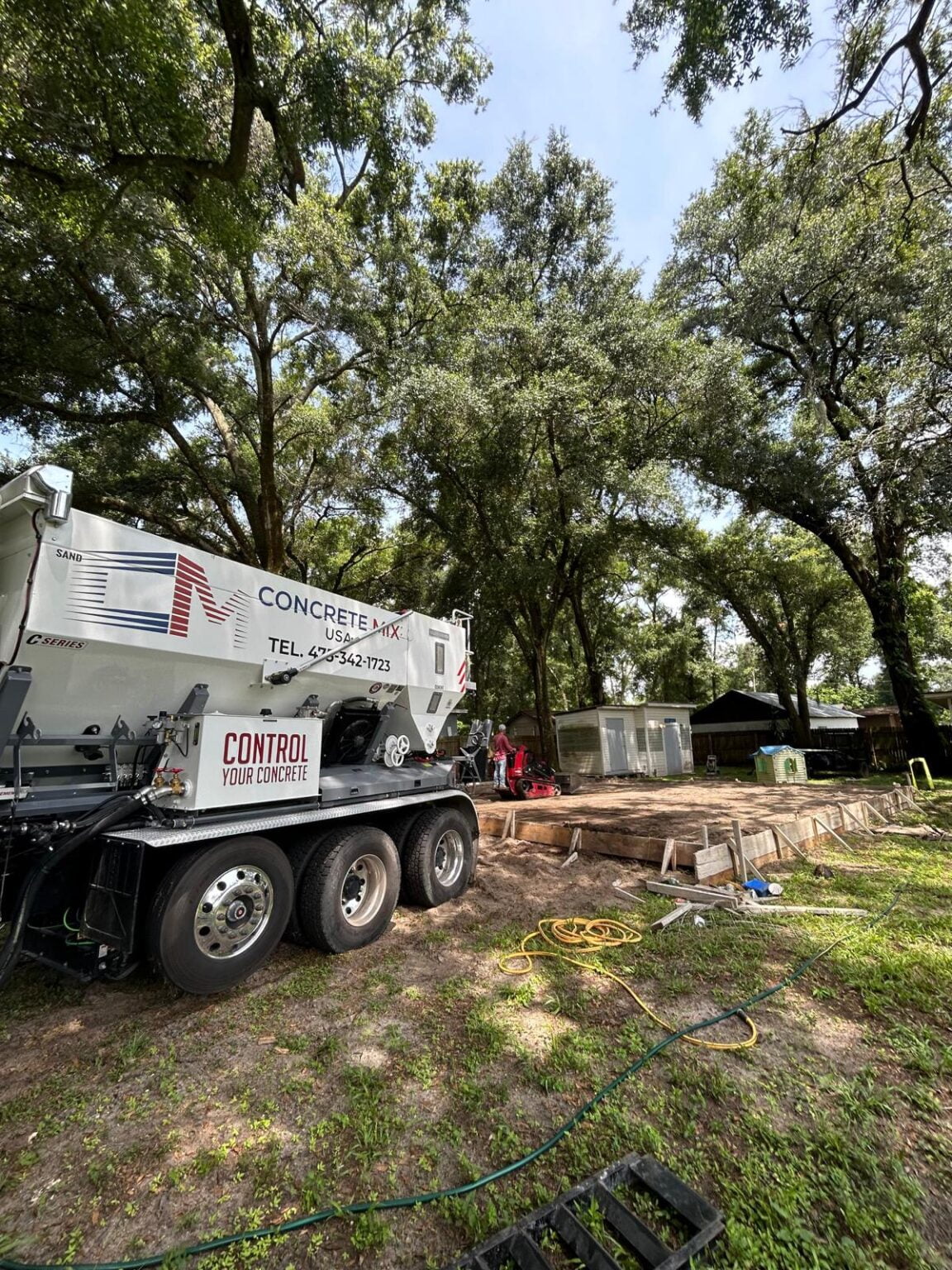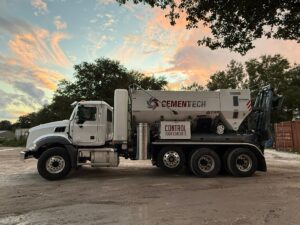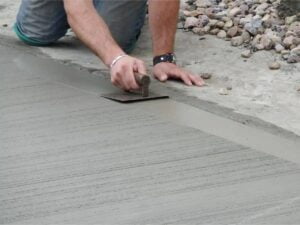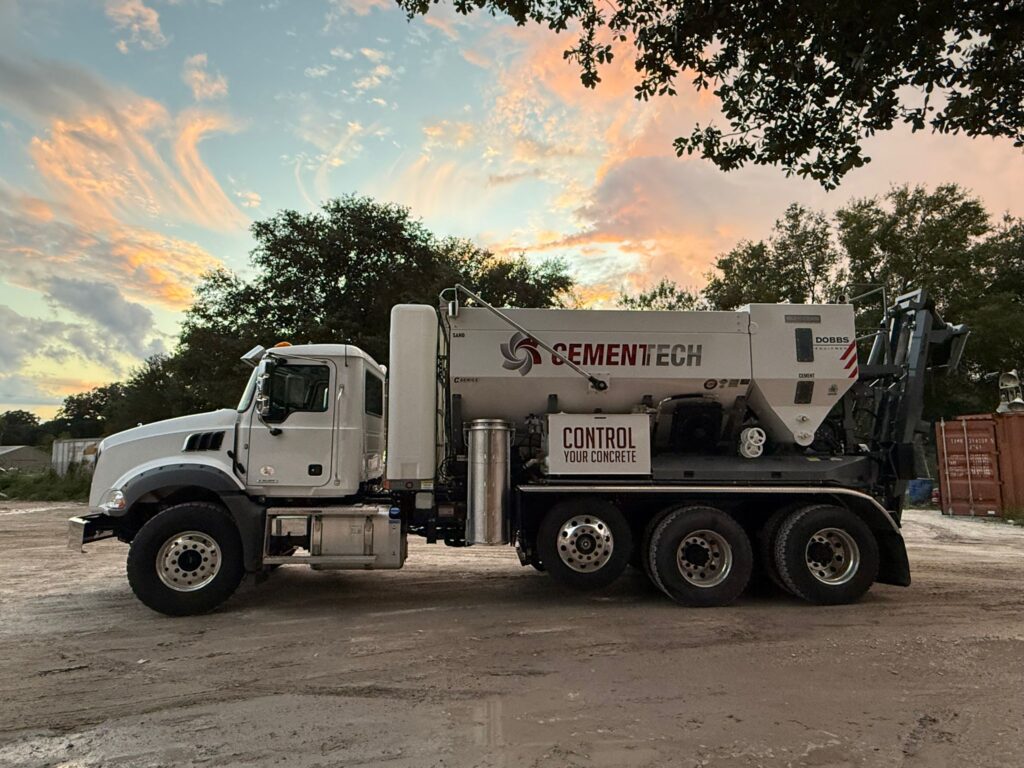Concrete, often hailed as the foundation of modern construction, is a versatile building material that forms the bedrock of countless projects. But when it comes to acquiring the right concrete mix, there are a few essential questions to answer. Is it cheaper to buy ready-mix concrete or mix your own? What constitutes a standard concrete mix, and what are the most common options? Which concrete mix is the best fit for your project? These are some of the questions we’ll explore in this article, along with a quick guide to yardage and the merits of products like Quikrete.
Is it cheaper to buy or mix your own concrete?
The cost-effectiveness of buying ready-mix concrete versus mixing your own depends on the scale and specifics of your project. For smaller DIY projects like a patio or sidewalk, ready-mix concrete is often more convenient. It arrives at your site already blended and can save you the hassle of procuring and mixing individual ingredients. However, for larger projects like building foundations or long stretches of pavement, mixing your own concrete can be more economical. In this case, you purchase cement, aggregate, and water separately, and the savings can be substantial.

What is the standard concrete mix?
The standard concrete mix used in most construction projects is known as a “5,000 psi concrete mix.” This mix consists of Portland cement, water, and aggregates like sand, gravel, or crushed stone. The “5,000 psi” indicates its compressive strength when fully cured. The specific proportions of these ingredients can vary depending on the project requirements, but a common mix might have a ratio of 1 part cement, 2 parts sand, and 3 parts gravel.
What is the most common concrete mix?
The most common concrete mix in residential construction is a “3-2-1 mix.” This means three parts gravel, two parts sand, and one part Portland cement. This mixture is versatile and suits a wide range of applications, including foundations, walkways, and driveways. It’s durable and offers good strength for typical household needs.
Which is the best concrete mix?
The “best” concrete mix depends on the specific demands of your project. For standard residential construction, the 3-2-1 mix mentioned above is a solid choice. However, high-strength concrete mixes are used in heavy-duty applications like commercial and industrial structures. Specialty mixes, such as fiber-reinforced concrete, self-compacting concrete, or decorative concrete, cater to unique project requirements. Consulting with a concrete professional or structural engineer can help you determine the best mix for your project.
How many 80 lb bags of concrete make a yard?
A yard of concrete refers to a cubic yard of volume, and it’s equivalent to 27 cubic feet. To calculate how many 80 lb bags of concrete make a yard, you’ll need to consider the volume and weight. An 80 lb bag typically yields around 0.6 cubic feet of concrete. So, you would need approximately 45 bags (80 lb each) to make one cubic yard of concrete.
Is Quikrete as good as concrete?
Quikrete is a popular brand of pre-mixed concrete products. It’s designed for convenience, making it suitable for smaller DIY projects. Quikrete products are reliable and offer consistent quality. However, for large-scale, high-strength, or specialized projects, traditional concrete mixes may be more appropriate. The choice between Quikrete and conventional concrete depends on your project’s scope and requirements.
Should I Buy Ready-Mix Concrete or Mix My Own?
As we’ve discussed, the decision between buying ready-mix concrete and mixing your own depends on the project’s size, complexity, and your preferences. Ready-mix concrete offers convenience, consistent quality, and is an excellent choice for smaller-scale projects. On the other hand, mixing your own concrete can be more cost-effective for larger projects, and it allows you to fine-tune the mix to your exact requirements.
A Quick Guide to Yardage and Concrete Volume
Understanding how much concrete you need for a project is essential. A cubic yard of concrete is equivalent to 27 cubic feet. To determine the quantity you require, calculate the project’s volume in cubic feet and then convert it to cubic yards. Keep in mind that ordering a bit more concrete than you think you need is often a good practice to account for any variations in the pouring and finishing process.
The Role of Quikrete in DIY Projects
Quikrete is a trusted brand for DIY enthusiasts and smaller projects. Their pre-mixed products offer a convenient and reliable option for various applications. From setting posts to creating concrete slabs or walkways, Quikrete provides an accessible solution. However, for commercial or industrial-scale projects or applications where precise mix control is essential, conventional concrete mixes are typically preferred.
Making the Right Choice for Your Concrete Needs
The world of concrete mix offers a multitude of options, each suited to different projects. When making your choice, consider the scale, strength, and specific requirements of your project. While standard mixes like the 3-2-1 mix work well for many residential applications, consulting with professionals or structural engineers can help you select the optimal mix for your unique needs.
Acquiring Quality Concrete Mix: A Click Away
For those looking for high-quality concrete mix and a range of concrete-related services, Concrete Mix has you covered. Their commitment to excellence and customer satisfaction ensures that your project gets the concrete it deserves. Whether you’re tackling a DIY project or overseeing a larger construction venture, professional guidance and reliable products make all the difference.
